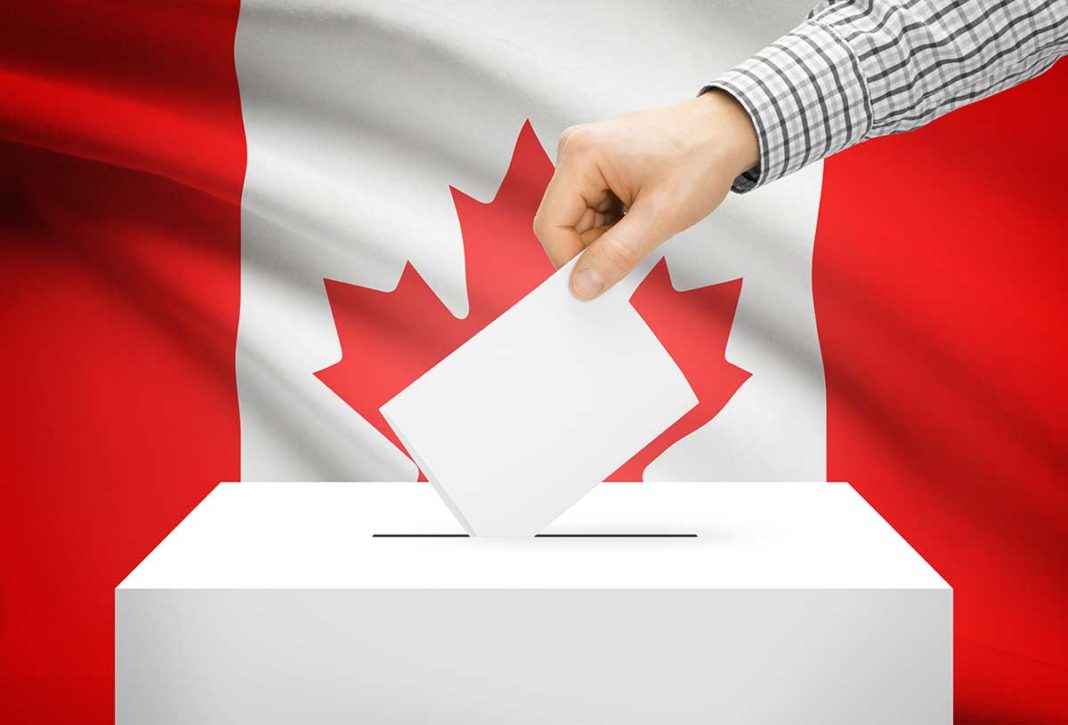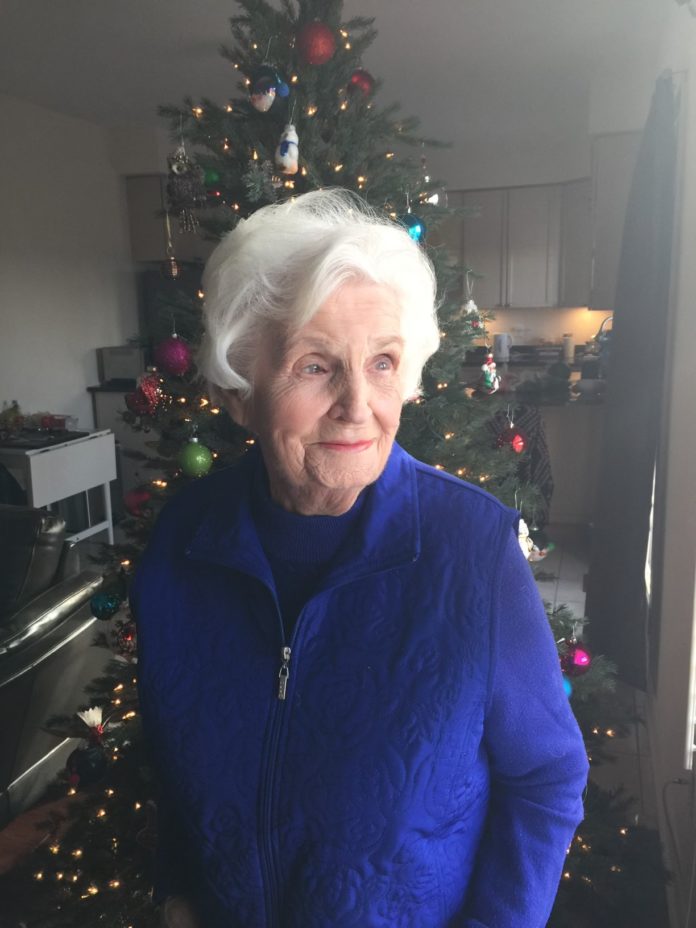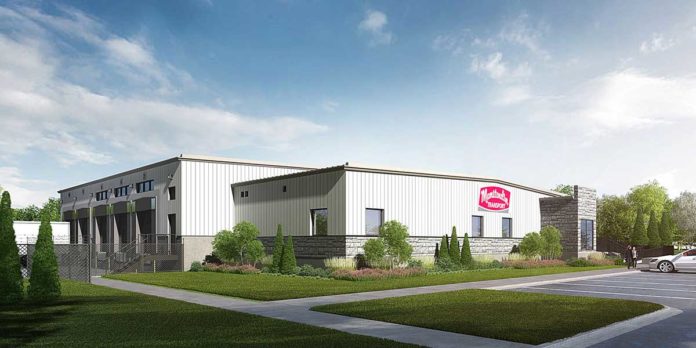EDITOR’S NOTE: Each week over the next four weeks, The Expositor will pose a question to the five candidates running for election in Algoma-Manitoulin-Kapuskasing that is of concern to the people of Manitoulin Island. The candidates’ responses follow below.
The long list of serious concerns by Canada’s Indigenous people is becoming an ever-larger part of Canada’s national conversation.
If your party forms the government following the upcoming election, what will be its top three priorities with respect to First Nations people’s interests? How would your government set about dealing with each of these three priorities and in what time frame?
Clarence Baarda,
Christian Heritage Party
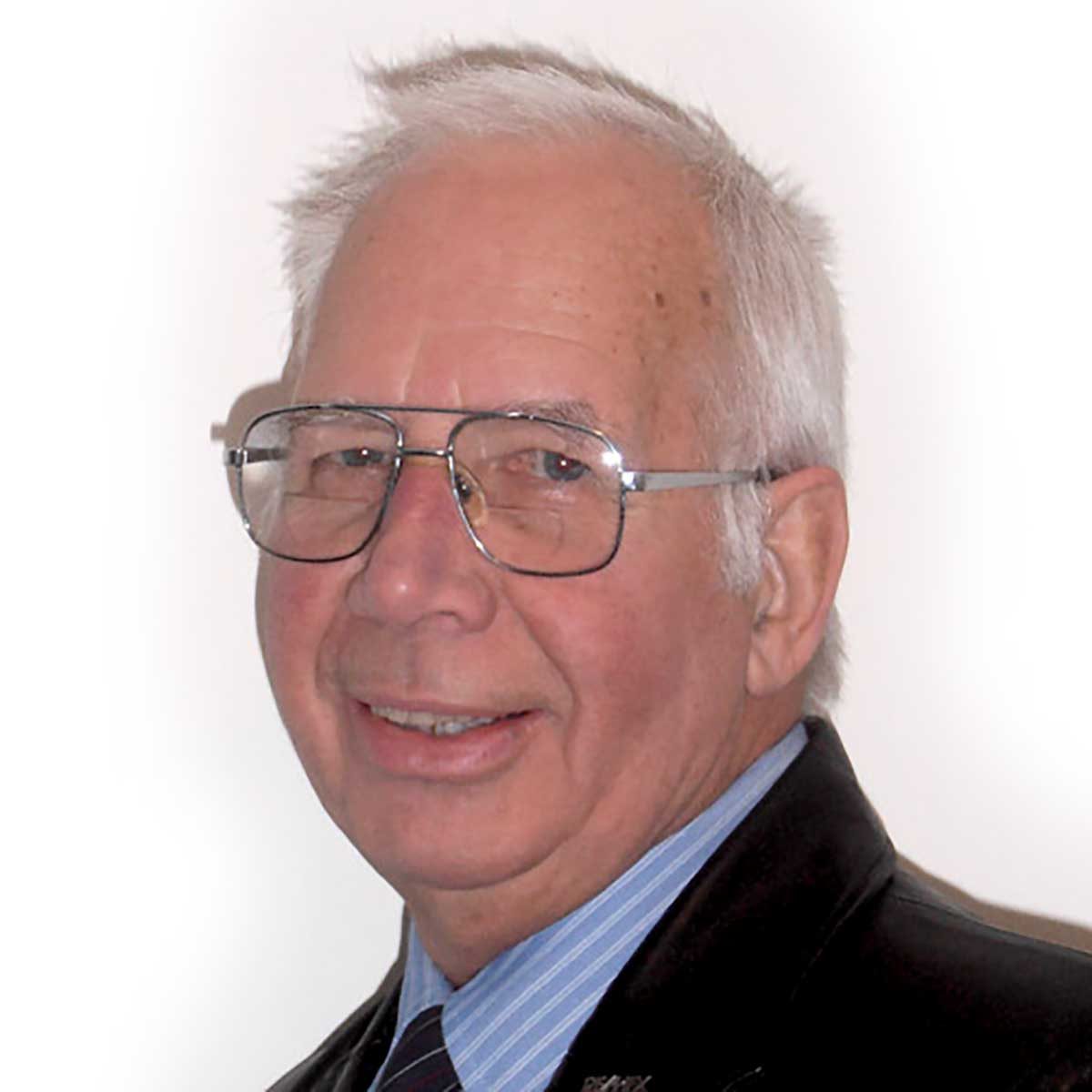
EDITOR’S NOTE: The following is not an answer to the question of the week, but an introduction to candidate Clarence Baarda. Mr. Baarda’s response was not available as of press time Monday, but will be included in the subsequent weeks.
Clarence Baarda and his family moved from Toronto to Elliot Lake 25 years ago, where he opened and operated a RE/MAX real estate franchise. He went on to serve as city councillor, president of the Chamber of Commerce, as a church elder and charity fundraiser. With his wife Ann, the couple raised four children as well as fostering children during those years.
“For the first time in this upcoming federal election, voters in the Algoma-Manitoulin-Kapuskasing riding will be able to choose to elect the only party that adheres to the values our nation’s founders instituted,” said Mr. Baarda. “The Canadian Bill of Rights and Freedoms clearly states that every human has a right to life. We have the opportunity now to let our leaders know that any killing of Canadians is wrong. As if 100,000 abortions every year is not enough, the ruling government is promising to fund more abortion clinics. Add to this death from euthanasia and medical assistance in dying (MAID). We were all created with a will to live and that needs to be protected. My goal for this riding is to set the example of justice for all.”
Carol Hughes,
NDP incumbent

New Democrats are committed to undertaking the important work of reconciliation in good faith, and in true and equal partnership with Indigenous communities across the country. We believe that the Crown’s relationship to Indigenous peoples must be based on an acknowledgement of our country’s colonial history of genocide and stolen lands, and include legally binding commitments to fair and equitable redress going forward.
That starts with a commitment to children. For generations, the Canadian government’s treatment of First Nations, Inuit and Métis children has been a national disgrace and an unspeakable tragedy. While residential schools no longer operate, the intergenerational trauma caused by them is felt every day. And despite the apologies from political leaders, the reality is that systemic discrimination against Indigenous children continues today.
New Democrats will take immediate action to respect, support and resource Indigenous jurisdiction over child welfare systems, and will back this commitment with long-term, predictable funding guaranteed in legislation so that Indigenous peoples can exercise their jurisdiction and authority over matters involving their own children and families.
We also commit to fully implementing the Canadian Human Rights Tribunal orders which ordered the Canadian government to stop chronically underfunding child welfare services on reserve, and working with the First Nations Child and Family Caring Society to implement the Spirit Bear Plan. We will put an immediate end to government litigation against Indigenous children.
A New Democrat government will also fully implement Jordan’s Principle, working with the provinces and territories to end the delays and ensure equitable access to health services and educational supports for Indigenous children from coast to coast to coast. We’ll end the court challenge and ensure that Jordan’s Principle applies to children off-reserve.
For communities, we will address the housing crisis many First Nations, Inuit and Métis families experience. This crisis is a product of underfunding and resulted in long waiting lists for housing, overcrowded, dilapidated homes, and a mold crisis that harms people’s health. Now, chronic overcrowding is creating the conditions for rapid transmission of the COVID-19 pandemic.
New Democrats will address this housing crisis by working with communities to implement a co-developed, fully funded, Indigenous National Housing Strategy within our first 100 days in office. This innovative, ground-up strategy will deliver sustainable and dedicated funding to meet the needs of Indigenous peoples, whether in urban, rural or remote communities.
We believe that the federal government must immediately step up to tackle the mold crisis affecting tens of thousands of homes, and provide support for First Nations, Inuit and Métis peoples to ensure that their homes are safe and healthy. We will also ensure that Indigenous communities have the resources to make homes greener and more energy efficient, working to keep the benefits of good jobs, training, and investment close to home.
With so many Indigenous communities across the country still waiting for clean drinking water, basic emergency services, secure public transportation, or help with environmental initiatives there is a clear need to act. The Liberal promise to lift all drinking water advisories by 2021 was under-funded by billions of dollars. Now, Indigenous communities are being told they have to wait until 2026 for this clean water promise to be fulfilled.
New Democrats believe that it’s past time for the federal government to step up and fully fund the services and infrastructure Indigenous communities need to thrive—it is an important part of the responsibility that Canada owes to Indigenous peoples.
This means making the full investments required to ensure clean water and lift all drinking water advisories for good right now, not years from now, and supporting Indigenous-led water management training programs and water system operations as an immediate priority. And this means funding on-reserve emergency management and prevention, including firefighting training and equipment. It also means ensuring safe public transportation, by resuming and expanding rural and remote bus routes and passenger rail service.
We will also work with communities to protect infrastructure from climate change and increase the use of renewable energy. New Democrats will help expand community-owned renewable energy projects—and support efforts to transition remote communities away from polluting diesel and harmful fumes, towards reliable and clean energy alternatives.
Duke Peltier,
Liberal candidate
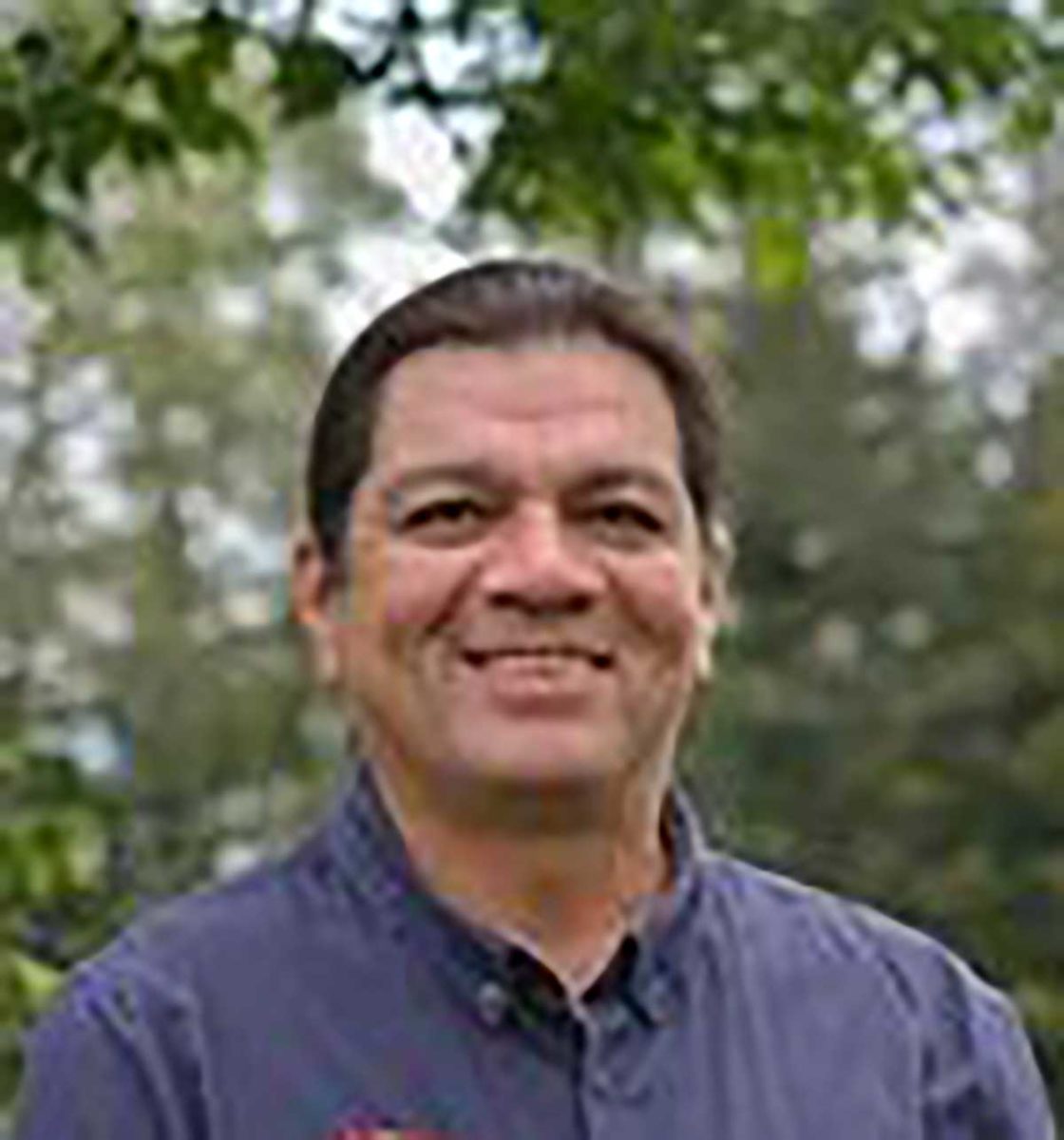
The interests of the First Nations people in Canada, and more specifically here in Ontario’s North, have always been one of my utmost priorities.
Having said that, I believe that lending my voice to the Liberal government is a direct and positive step forward in bringing our issues forward to be addressed at the policy change level.
The Liberal government knows that there is much work ahead on the path of reconciliation, and I/we will be there to make sure no Indigenous community is left behind—not only during this pandemic, but in the years to come.
That means working together on important First Nations priorities to include these priorities.
One of the main priorities for me and our Liberal party is accelerating the response to the Truth and Reconciliation Commission’s Calls to Action and the National Action Plan in response to the National Inquiry into Missing and Murdered Indigenous Women and Girls. This summer has seen the truth come to light regarding the many children that died in the ‘hands’ of Canada’s residential schools; a truth that has been known for years but was hidden. It is a critical time for us all to think about how the crisis of missing and murdered Indigenous women, girls and youth in general is still ongoing. We need authorities to keep working hard to address this awful situation that is very critical here in Northern Ontario. We need safer options for transportation and connectivity in the north for one. The Liberal government has set aside $250 million for rural transportation over the next five years. As part of the governing party, I would have the direct opportunity to ensure these resources make their way to our Algoma-Manitoulin-Kapuskasing. These would benefit all communities and certainly help to improve safety for travelling between First Nations and municipalities.
Secondly, the health, safety and well-being of all people in Canada, including First Nations, Inuit and Métis is and will remain a top priority for all. And in my many years as a leader in my own community and participation at numerous other planning tables, I have always advocated for our Indigenous communities to receive the supports needed to assist them in getting through this pandemic in a manner that directly reflects our own community realities. And that in itself was accelerated to the highest effort when the COVID-19 pandemic hit—challenging our Indigenous communities in so many ways. That challenge continues to this day.
To help with this, the Liberal Budget 2021 set out more funding support for Indigenous communities aimed at assisting them to receive and administer vaccines, attain funding to hire nurses, acquire personal protective equipment and to essentially do whatever each community needs in order to protect their people.
Communities are incredibly resilient and full of solutions and innovative ideas. I have been a part of community challenge and finding solutions for many years so I know first hand how to address, tackle and find solutions to pressing issues impacting health and wellbeing.
This funding can be used to design and implement community-based solutions to prevent, prepare and respond to the spread of COVID-19 within their communities in areas such as support for elders and vulnerable community members, measures to address food insecurity, educational and other support for children, mental health assistance and emergency response services and preparedness measures to prevent the spread of COVID-19.
And lastly, we will continue to move forward in implementing the United Nations Declaration on the Rights of Indigenous Peoples (UNDRIP). UNDRIP recognizes that Indigenous Nations are very distinct from one another and in working toward its implementation, the Liberal government respects the autonomy of each Indigenous Nation here in the Algoma-Manitoulin-Kapuskasing region. The empowerment of each First Nation, in recognition of our individuality, is important for promoting deeply rooted partnerships between Indigenous and non-Indigenous communities in our shared region. We are all neighbours and our respect for one another is equally important to our openness to collaboration.
With that and so much more, we’ve got a lot of work to do, but we can, and we will, continue to move forward together to advance reconciliation and address the unacceptable gaps that have impacted Indigenous peoples for far too long.
John Sagman,
Conservative candidate

Canada’s Conservatives will listen, learn, understand, and demonstrate our commitment to Indigenous rights through the actions identified in our plan.
We recognize, through recent reports like the Truth and Reconciliation Commission (TRC) and the National Inquiry into Missing and Murdered Indigenous Women and Girls, there are significant gaps in opportunity and outcome between Indigenous and non-Indigenous people.
We will work together as nation-to-nation partners to make meaningful progress in closing these gaps, such as: making amends for past injustices; prosperity through partnership and levelling the playing field for business; and
building stronger communities through self-determination and social programs.
Canada’s Conservatives believe in building a true partnership to ensure a just and secure place for thriving, self-determining Indigenous nations within the fabric of Canada.
By making amends for past injustices, we will: Develop a comprehensive plan to implement TRC Calls to Action 71 through 76; fund the investigation at all former residential schools; ensure that proper resources are allocated for communities to reinter, commemorate and honour any individuals discovered, according to the wishes of their kin; develop a detailed and thorough set of resources to educate Canadians on this tragic history; and build a national monument in Ottawa that honours residential school survivors and all the children lost.
Secondly, Indigenous people want a say in what happens on their traditional territories. They want to be true partners in responsible development.
I feel privileged to have been involved in several multi-million-dollar First Nations benefit agreements and equity partnerships across Canada that have led to increased opportunities for Indigenous and non-Indigenous communities. For example, in addition to an equity partnership, a First Nations community developed a corporation that provided camp services, earthworks and carpenters to a site; generating apprenticeship programs. In a remote community a site partnered with a First Nations corporation to create freight truck haulage system that again provided economic benefits and employment opportunities.
I have a solid foundation on how these partnerships can be modelled and recognize the need for innovation in Northern Ontario.
Canada’s Conservatives will: work with Indigenous-led organizations to support communities that wish to become partners in good projects that meet high environmental standards; create the Canadian Indigenous Opportunities Corporation that will support purchase in an equity stake in major projects by providing an initial $5 billion capital; require future governments to consult with Indigenous Communities before cancelling approved projects; support Indigenous Protected Areas that safeguard culturally significant areas through an Indigenous Guardians program.
Further, economic prosperity will be supported through Levelling the playing field for Indigenous businesses. They often face many barriers that are unique, such as the Indian Act, isolated communities, a lack of infrastructure, and the need for capacity building.
To level the “field” Canada’s Conservatives will: provide $4 million over three years for the hiring and training of economic development officers; promote mechanisms that foster relationships between municipalities and First Nations; develop an Indigenous business mentorship program; modernize the First Nations Land Management Act; improve opportunities to receive government contracts; and commit $25 million to a national police support and community training program to reduce the incarceration rates.
And lastly, we will work to close the gap by building stronger communities through self-determination and social programs. We believe that service delivery on First Nation reserves is best managed by themselves. Many successful models, such as those on Manitoulin, show that devolving control can work well with education, health, and child and family services.
We will: increase governance capacity through training young Indigenous leaders; empower the First Nations Finance Authority to monetize government funding; remain open to exploring innovative new models to fund and deliver social services and critical infrastructure; ensure access to safe drinking water; and address the crisis in addictions and mental health by: providing $1 billion over five years to boost funding for mental health and drug treatment programs and support innovative approaches to address the crises of mental health and addiction.
To read Canada’s Conservative’s Full Recovery Plan please visit: www.conservative.ca/plan/
Stephen Zimmermann,
Green candidate
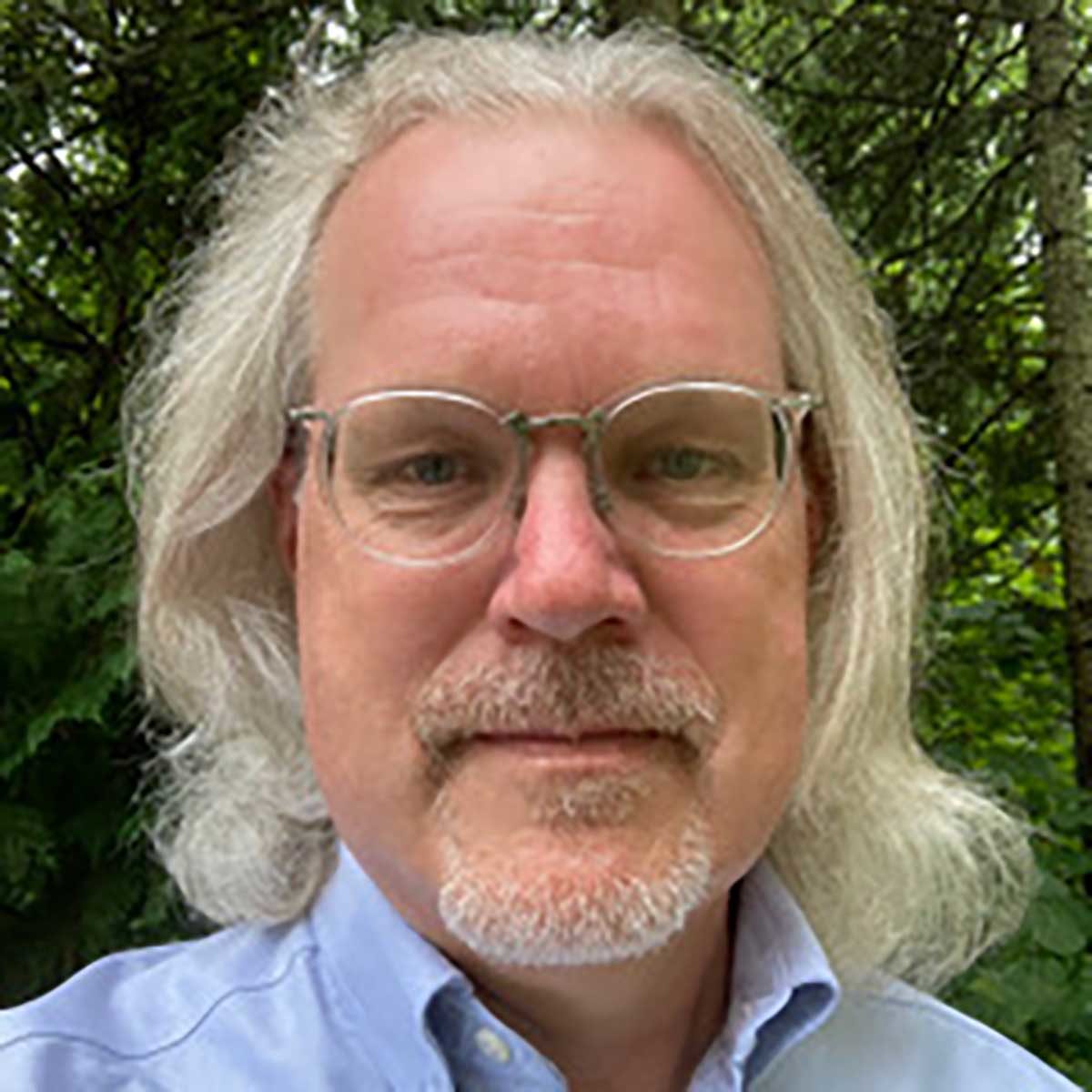
Indigenous concerns are Canadian concerns. They are becoming a larger part of Canada’s national conversation and addressing them is part of the better Canada envisioned by the Green Party.
It is difficult to simplify complex and connected issues to only three priorities. Here is a brief outline of the Green approach in three areas most related to this question: the process of reconciliation, infrastructure and social justice. For more detailed explanations and other Green Party plans for a better Canada, refer to: www.greenparty.ca/en/platform
Reconciliation with Indigenous peoples is integral to creating a future Canada more just, more inclusive, better for all of us. Recent discoveries of unmarked graves at former residential school sites shocked all Canadians. But, really, no one should have been surprised. The 2015 Truth and Reconciliation Commission Report stated such graves existed and called for funding to search. Archaeologists looked where community members told them there were graves. The discoveries simply confirmed—and made bluntly clear—what people had always known: that thousands of children died as part of the attempt to erase Indigenous identity using a system brutal, insensitive and disrespectful. Now begins the task of identifying who lies in these graves. This is one step on the road to reconciliation. I recommend all Canadians read the Truth and Reconciliation (TRC) final report.
The TRC report tells part of the story of that Canada of the past—what will this Canada be in the future? We can’t change what happened, we can only acknowledge it, understand it, heal as best we can, and work together to make a better future for all.
The process of reconciliation is mainly about respect. The Green Party approach to reconciliation is integrated with other goals, such as democratic reform, collaborative/consensus models of governing, and community involvement. It would include: fulfilling all treaty and other legal agreements with Indigenous peoples—we are all ‘treaty people’; dismantling the Indian Act, in partnership with First Nations; and educating non-Indigenous Canadians about the history and traditions of Indigenous peoples.
Canada’s physical infrastructure needs revitalising. This is especially true for many Indigenous communities, which have suffered from neglect for decades. We live in one of the wealthiest countries in the world; all Canadians have a right to enjoy this. The Green Party would: take a more aggressive response to ensure access to clean drinking water and other basic services; end the use of dirty diesel for power generation, replaced by reliable local generation and storage from renewable sources; take real action on the climate emergency and mitigate damage caused by floods and wildfires, of especial danger to remote communities; annual evacuations due to poor planning, without community consultation, are not the way to go.
In addition, the same infrastructure upgrades that would benefit Algoma-Manitoulin-Kapuskasing would also help Indigenous communities: better highways, such as twinned Trans-Canadas; safer, more efficient better public transit between communities, to allow access to services in larger centres—buses or rail; electrical grid upgrades, with more emphasis on renewable energy, local generation, and storage, to cut down on outages; this summer, communities in Manitoba were cut from the electrical grid by fires—it is estimated it will take up to six weeks to repair the lines; access to high-speed internet for everyone right now, not ‘soon,’ so we can access education, services, and employment.
Building a better Canada and creating a more just society is core to the Green Party vision. Plans to address specifically Indigenous concerns include: improve health care access for Indigenous people; improved food security for remote communities; using collaborative governance models to end jurisdictional disputes over who provides what services; use of traditional, community practices for mental health wellness; and affirm the right of Indigenous communities to determine child and family services.
In addition, Indigenous people would benefit from other Green Party proposals to create better access to affordable, good housing and taking stronger action on the drug crisis, which has taken so many lives, including some of my former students.
Indigenous concerns are of concern to all Canadians. To build a better Canada, we need to change how we do things. The Green Party vision is a plan for that Canada.

